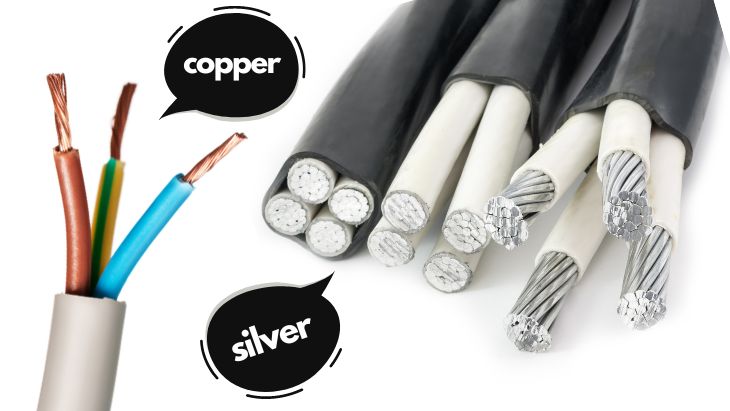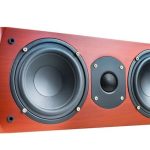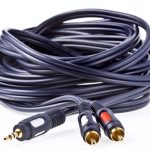Lively sound with clarity and harmonic richness is everyone’s delight. While most people forget and buy low-quality wires that interfere with the sound output, it is wise always to keep some cash for the speaker wires as you purchase new audio systems.
The speaker wires used to make connections define the frequency output. Some wires alter the quality of input, producing a different outcome. While speaker wires had standard material—copper- in the past, today, there are myriad options.
Copper and silver are the two most common types of speaker wires. So you have to make the right choice of speaker wire to enjoy high-quality tones. Therefore, which one should you choose? This post will compare copper and silver wire and help you decide which is correct.
The Differences Between Copper and Silver Speaker Wire?
Speaker connector cables should perform two essential tasks: transmit audio signals with the highest fidelity and absolute purity, and reject interference that can introduce noise into the signal. Your system can function at its peak while maintaining loyalty to the source material with a high-quality connection. But what’s the difference between copper and silver wires?
Copper is a good choice if you’re on a budget because it’s more affordable than silver. You need to know that low resistance means more power from the source reaches the speaker coil. Well, the results are more sound and robust bass. Still, copper quickly oxidizes when exposed to air, forming the copper oxide. The compound formed is not suitable for connectivity. It interferes and weakens the speaker’s connection.
Silver is better than copper if you’re looking for the highest-quality sound. It has better conductivity than copper. Silver is also a better choice if you have a limited number of components in your system because it can be more expensive and less efficient than copper. So which one should you choose? It all rests on your needs and budget.
Does the Gauge (Thickness) of the Speaker Wire Matter?
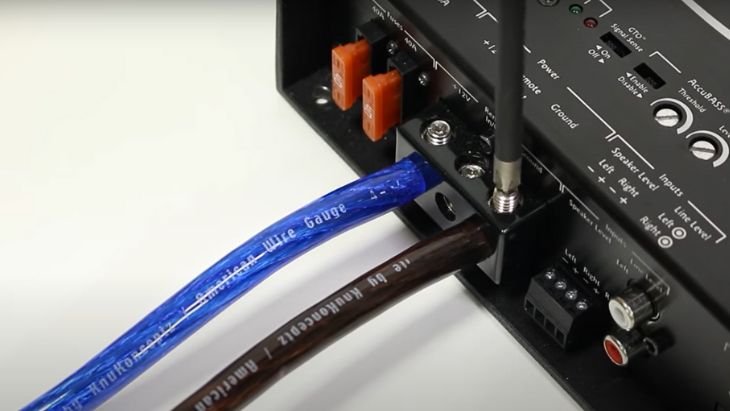
Do you think the thickness of the speaker wire matters? When it comes to speaker wire, there are lots of things to consider: the gauge, the insulation, and of course, the price. But with all the options, it can be hard to know which is correct.
The wire’s gauge, or thickness, is vital because it determines how much power your speakers can handle. Some think you must use a thick gauge wire for good sound quality. But that’s not always the case. Sometimes, using a thicker wire can distort the sound.
The truth is the gauge of the wire doesn’t matter as much as the quality of the wire. So when shopping for speaker wire, choose a metal that will make the most significant difference in your system.
It would be best if you also considered the reliability and durability of the wires.
Is Copper Speaker Wire Positive or Negative?
When wiring your speakers, you’ll need to decide which type of wire between copper and silver speaker wire is positive.
Here’s the basic rule of thumb: In most cases, the positive wire of a speaker is copper. The silver strand is the negative wire. But there are several things to keep in mind when making your decision.
Speaker cables are frequently color-coded, making it easier to remember which is positive and which is negative. Red and black are the most typical color codes, with red denoting positivity and black denoting negativity.
For one, silver is a better conductor of electricity than copper so it will provide a more precise, more accurate sound. But copper is more affordable, so it might be better if you’re on a tight budget.
Another thing to consider is the environment in which you’re using your speakers. Copper might not be the best option in a humid area, as it can corrode more efficiently than silver.
So which wire should you choose? It all depends on your needs and preferences. Talk to your speaker system manufacturer to get advice on which type of wire and connectivity will work best with your system.
How to Choose the Right Speaker Wire for Your System?
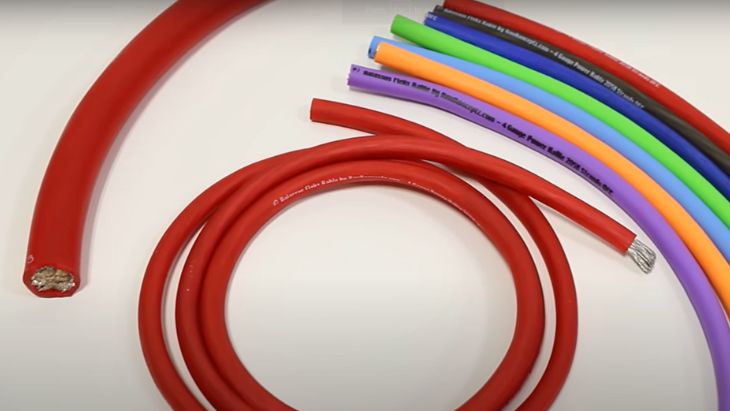
When it comes to speaker wire, there are a lot of options to choose from. But how can you tell which one is right for your system? Here are a few tips:
- Consider your budget. Some wires are more expensive than others.
- Think about the length of your wire. You don’t want to buy more wire than you need.
- Decide what type of connector you need. There are different connectors for different types of speakers.
- Consider the environment of your speakers’ use. If they’re going to be in a dusty or humid environment, you’ll want to buy wire specifically designed for that environment.
- Read the reviews. Trust me, other people have been in the same situation as you, and they’ll have some great advice about which wire is best for your system.
Is Silver Speaker Wire Better Than Copper?
So you’re out for a new set of speaker wires, and you’re unsure which type to choose: silver or copper? Let’s take a closer look at each option.
Copper wire is a good choice if you’re looking for a warm, natural sound. It’s also more affordable than silver, which makes it a popular choice for budget-minded buyers. However, copper wire is prone to oxidation, so it is essential to keep it clean and free of corrosion.
Silver wire is the more expensive of the two options, but it offers better clarity and detail than copper. It’s also less prone to oxidation, making it a better choice for those who want to avoid the hassle of cleaning their speaker wire.
Conclusion
You’ve decided you want to buy some new speaker wires to improve the sound quality of your home theater system. Great! But now what? Do you choose copper or silver? So which is better-–copper or silver? Your needs and budget can inform your choice. However, copper speaker wire is a good option if you’re looking for a great value. If you’re looking for crispy sound quality, go with silver.
Michael Evanchuk is a San Francisco-based sound engineer with 20 years’ experience installing, troubleshooting, and repairing commercial, automotive, and household sound equipment. Evanchuk owns an auto stereo center, where he offers highly competitive car audio installation and repair services. He has written dozens of articles on different sound engineering topics, all of which have been published in leading journals, blogs, and websites.

